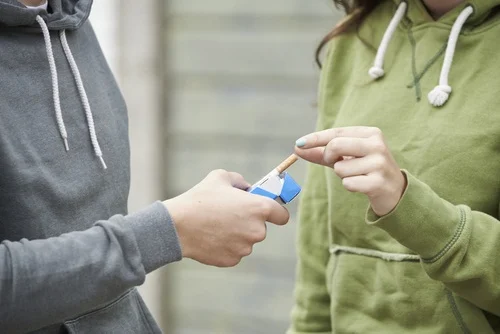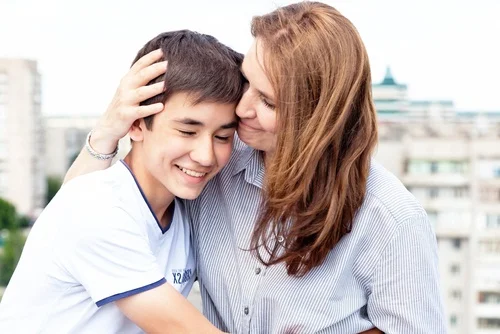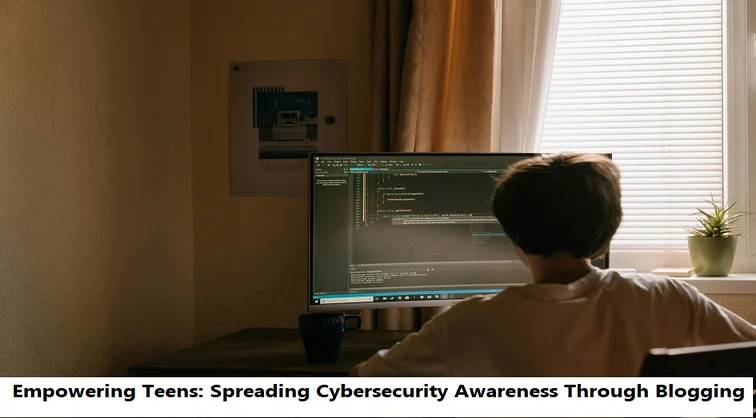+1 845 259 2974 (11 a.m to 7 p.m CST)
Guiding Your Daughter through Puberty

It seems just yesterday when you were reading ‘Goodnight moon’ to your little girl. Your daughter still might be a fan of baths with her baby sister and SpongeBob when the pediatrician breaks it to you and your husband that it is time for 'the talk', telling her about 'the changes' in her body. Most parents avoid telling their daughters about the changes during puberty but it is better that you give them correct information instead of them trying to digest mixed-up facts coming from their puberescent peers.
When the Signs Appear…
When the tell-tale signs of puberty begin to appear, you have got to talk to your daughter no matter how uncomfortable it makes you feel, says Ivon Hom, a pediatrician in Washington DC. Your kid is going through great physical and hormonal changes during puberty. You need to reassure her that these changes are normal. Just when you are reassuring your daughter, tell them that she can come to you whenever they want to. They should also know that despite the changes in their body, you love them and they are perfectly alright the way they are.
Her First Period
Puberty is most likely to hit your teen between ages 9 to 13. Her first period may happen between 10 and 15. Before this happens, prepare her about what is going to happen. Don’t go all technical on her. Just the basics will do. Tell her she’ll be ok though the period could get yucky at times. Tell them it might give them tummy aches and a crappy mood but that’s normal.
Don’t expect it to be regular at first. It can take up to two years for girls to establish a cycle. But answer them if they ask questions.
Holy Hormones
Hormones not only hit your child’s body. They go straight up to the brain and mess around until your daughter is irritable, moody or intense. Attitude can come in much earlier than physical changes.
Try not to take her attitude personally. She’s just acting crazy because there are hormones running up and down her body and she knows her parents are not going to reject her no matter how bad she behaves.
Of course every child is unique and has a different way of expressing what they feel when they experience changes in their body. These suggestions might not work for you. The only thing important is that you establish such a relationship with your daughter that she comes to you whenever she needs help and you talk to her about things she will be facing without getting sweaty palms.





















